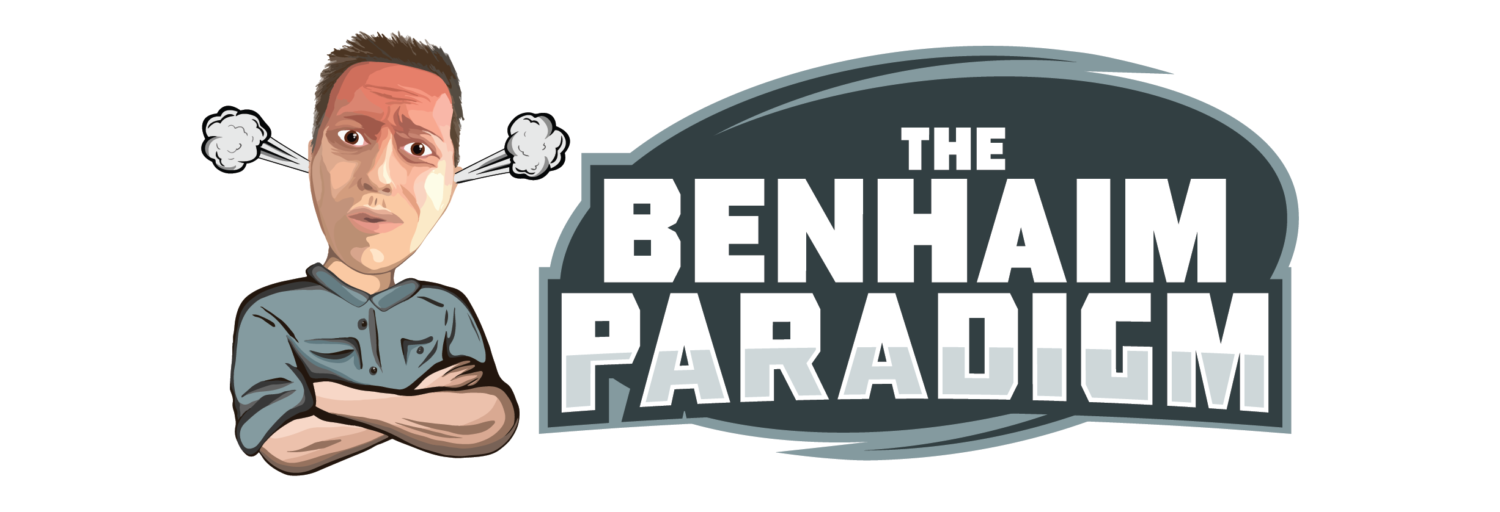
My father was shot in a robbery days before my 18th birthday, an occurrence that altered the trajectory of my reality, extending to a large number of loved ones. And yet, after a significant period of mourning, I was able to return to life, enjoying movies, music, and comedy without being triggered by portrayals or jokes about murder. At no point did I feel murder was being condoned, or at least not the murder of my father.
Just then, when I thought I knew everything, I read this quote in a political science class.
“If you are 20 and not a liberal, you do not have a heart. If you are 40 and not a conservative, you do not have a brain.” John Adams.
I was certain that would not be me. I thought that all I had to do was remember my thoughts and experiences and I could remain eternally pubescent. And even after being brazenly betrayed by my own aging flesh, I still believed that armed with those memories, I could always relate to the generation that followed.
Well, I had a good run. Because now I wake up everyday on a foreign planet. A world full of Stepford Wives, Zombies, and Pod people who actively disregard and selectively abandon principles they previously held as universal truths. A world where mainstream notions, no matter how preposterous, are irrefutable, even if they specifically contradict what was indisputable just yesterday. Where privacy is up for grabs and every utterance means more than it ever has, and far more than it should.
If there is a G-d as we have been taught, an omniscient knower of all that is, was, and will be, even He (or She, lest someone launch a tirade) is likely saying, “I did not see this coming.”
Here is another adage I have used before, “There is nothing more offensive than one that is so easily offended.” Mike Benhaim
Somehow, every verbal interaction must now take into account each participant’s (or casual observer’s) life history on the off chance that someone expressing their love of dogs is somehow insensitive to the person who was once bitten. We all have a history of being cheated, mistreated, overlooked, or bullied, and although it can serve as an explanation for certain behaviours, it has never been an acceptable excuse for vengeful malevolence, particularly when externalized at random.
Art imitates life metaphorically and analogically, but almost never literally. Stereotypes are neither entirely true nor false, but they grow more dangerously when dispersed covertly, where they cannot be defended or refuted, rather than in a public forum. And preferably by the inured party, and not some self-righteous moral Mountie.
For example, in the 90s it was suddenly insensitive to say “Merry Christmas” because apparently, it could offend other religious groups. Now, I am a Jew who knows other Jews (some of my best relatives are Jewish), but not a single one that ever expressed indignation at having been wished a Merry Christmas. Even those that were not vacationing down south were happy to take advantage of the seasonal discounts. (See what I did with THAT stereotype?)
So, who decides what is insensitive? Should the self-appointed spokesperson for any disenfranchised group be some maladjusted individual with a chip on their shoulder because they personally have not come to terms with past rejections and disappointments? Or even worse, someone whose guilt for past misdeeds causes them to overcorrect on behalf of another? The key to becoming a sensible member of society with good relationships is to learn and grow, and become LESS sensitive as we do so.
There is a concept in Judaism (with similar views in Buddhism, Hinduism, Zoroastrianism, and others) called “Tikun Olam”, which translates to “World correction”. Quite simply, it means that we all must constantly be performing maintenance and repair, to keep the world from falling into absolute disarray. How are we doing? That, my friends, is a question you must ask yourselves… and each other.

The world needs to read this and understand it. You are so right. Life is about learning and moving forward, not living in every past slight and indiscretion.
Sad. But true. And funny, and then sad again.